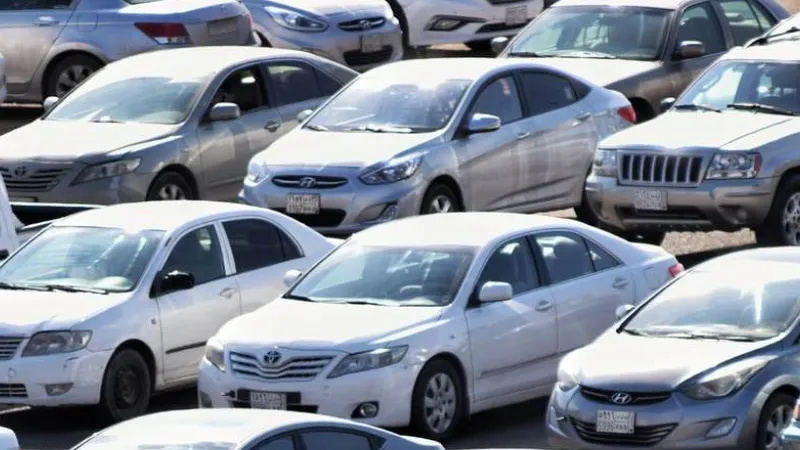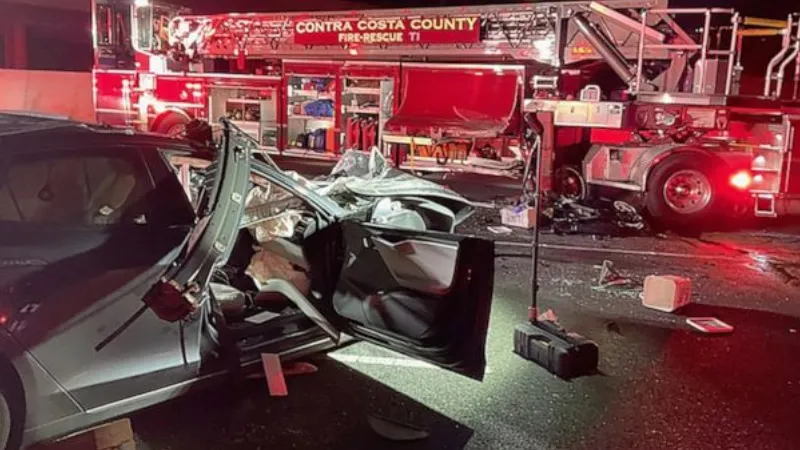Monthly auto loan payments seem to be becoming more and more of a problem for a growing percentage of car owners.
Even though they only make up a small percentage of all outstanding auto loans—1.84%—borrowers who are more than 60 days behind on their payments are becoming more common, according to a recent Cox Automotive report. The share is primarily concentrated among borrowers with low credit scores and was 26.7% higher in December than it was in the corresponding month last year.
“The danger of struggling to pay an auto loan is not just risking your car getting repossessed, it’s the long-term impact on all of the other areas of your finances,” said certified financial planner Angela Dorsey is the owner and founder of Dorsey Wealth Management in Torrance, California.
- High Prices, Interest Rates Have Led to Bigger Payments
Loan payments each month have increased due to a number of market factors. Maintaining payment obligations could become even more difficult as personal savings have decreased and persistent inflation has strained household budgets.
According to a J.D. Power estimate, the average cost of a new car in December hit a record high of $47,362. both LMC Automotive and Power.
According to Edmunds, the average monthly payment was $717 in the fourth quarter compared to $659 a year earlier. The share of buyers who took on monthly payments of $1,000 or more reached 15.7%, compared with 10.5% a year earlier. Only 6% of borrowers had auto payments that large per month in the fourth quarter of 2020.
Affordability has been hampered by rising interest rates. According to Edmunds data, the average interest rate on a new car loan at the end of 2022 was 6.5%. The typical discount for pre-owned vehicles was 10%. A year earlier, those rates were 4.1% and 7.4%, respectively.
- Loan Delinquencies Can Harm Your Credit Score
According to Cox, the default rate is not increasing even though the delinquency rate for auto loans is slightly rising. When your lender determines you won’t pay, typically after 90 days of missed payments, you’ve entered default and risk having your car repossessed.
However, even one missed payment can have a detrimental, long-lasting impact on your financial situation.
“If you’re 30 days late, it impacts your credit score,” said Editor-in-chief of Kelley Blue Book, Brian Moody.
You should be aware that being 30 days late with a payment could result in a 100 point drop in your credit score since your payment history is the most important factor in your credit score and typically accounts for 35% of it, according to NerdWallet. Your credit score will suffer more damage the longer the loan is left unpaid, and the delinquency can hurt your score for up to seven years.
Consumers are aware that the likelihood of paying higher interest rates on new loans or credit is higher the lower your credit score. Additionally, having a bad credit score or credit history may make it more expensive for you to purchase homeowner’s or auto insurance, make it harder for you to find housing, or even prevent you from getting a job. Although they cannot see your score, employers can review your report.
- What to Do If You’re Struggling With Auto Loan Bills
It’s important for car owners who are fairly certain they are headed toward delinquency to try and stop the issue from getting worse.
“If you sense this is coming, be on top of it,” Moody said. “Don’t do nothing. It won’t get better on its own.”
It’s at least conceivably fixable, experts say, if you’re having trouble keeping up because you don’t budget well. Examine your spending practices carefully in that situation.
“Take a look at your overall expenses for the last few months,” said Joe Pendergast, vice president of consumer lending for Navy Federal Credit Union. “You would be amazed how much the average person spends each month without realizing it.”
However, if the payments are simply not manageable, the first thing you should do is bring your lender into the loop.
“If a consumer is struggling to make their car payments, or anticipates challenges ahead, they should reach out to their financial institution as soon as possible,” Pendergast said.
“The sooner your bank or credit union is made aware, the easier it is to come up with possible solutions,” he said.
While the options vary from lender to lender, you may be able to get a deferment — i.e., a few months without a payment — or a new loan that lowers the payments by stretching out the length. Either way, be aware that this generally would lead to paying more in interest, noted Moody ofKelley Blue Book.
But he added that a postponement would at least give you some time to consider the best course of action.
For instance, if you have other means of transportation, you might consider giving up your car in favor of one that is less expensive. Just keep in mind that depending on how much you still owe on the loan, the amount you receive for your car may not be enough to pay off the remaining balance, leaving you liable for paying the lender some additional money.
Similarly, if you decide to trade it in, there might be a value gap. Due to the high used-car values, trade-in amounts have historically been fairly high, but that is now beginning to change. The latest inflation reading showed a year-over-year drop of 8.8% in used car prices.
Additionally, you will have to pay off the remaining balance or roll it into your new loan if the amount a dealer is willing to give you is less than the amount you owe on the loan. According to Edmunds data, this alleged negative equity had an average value of $5,341 in the final quarter of 2022.
“None of these [options] are ideal,” Moody said. “They are all categorized as “better than nothing.”‘
Source: cnbc.com





